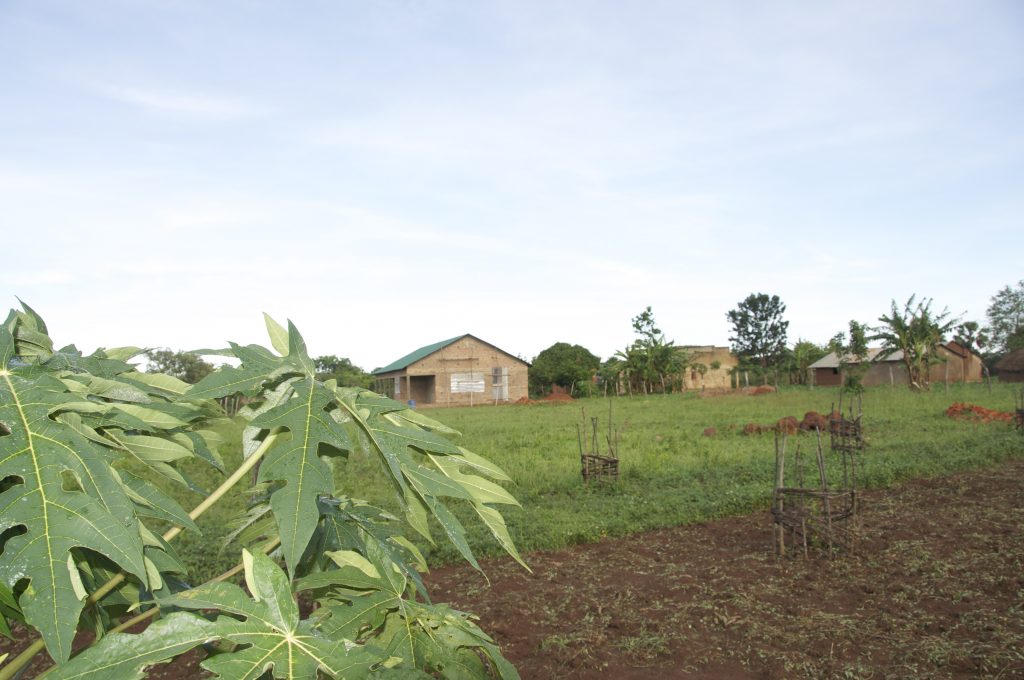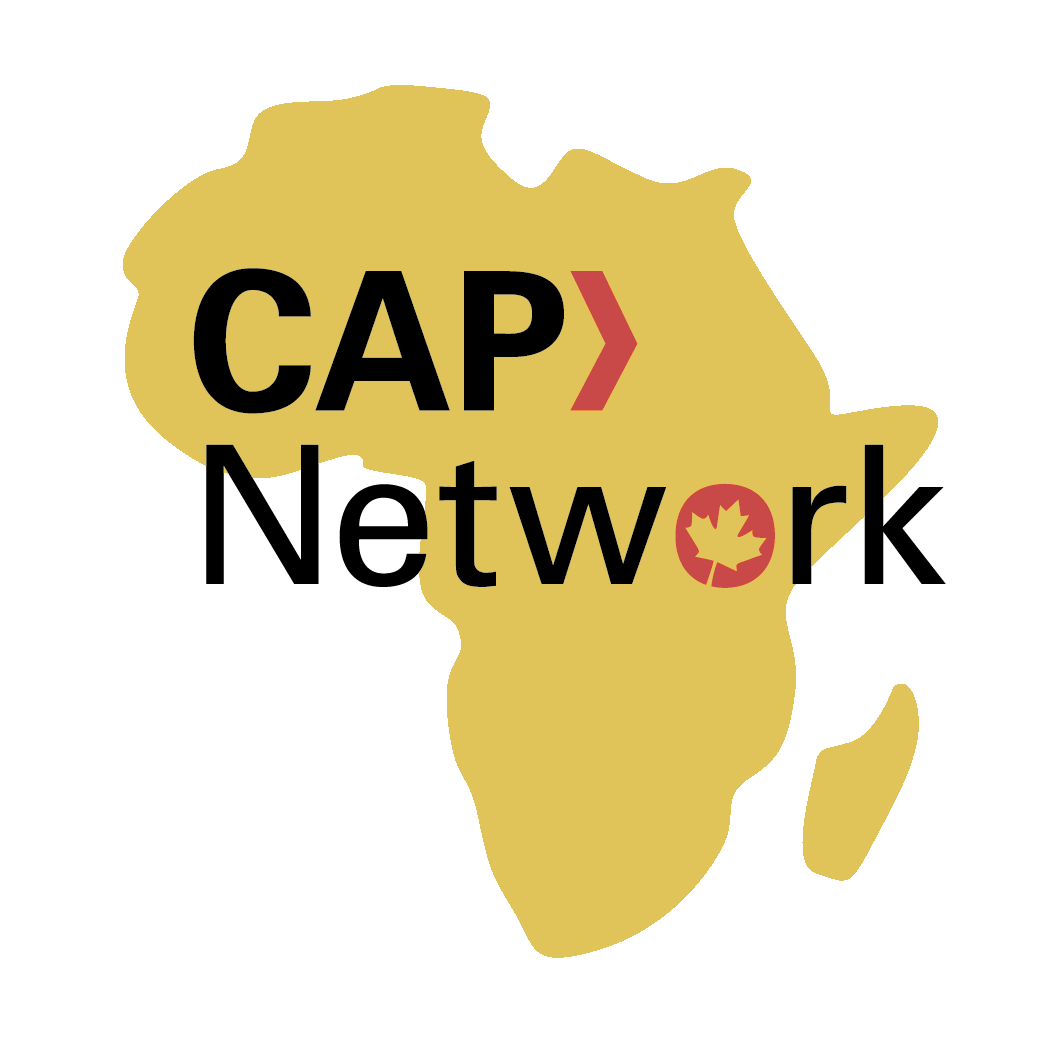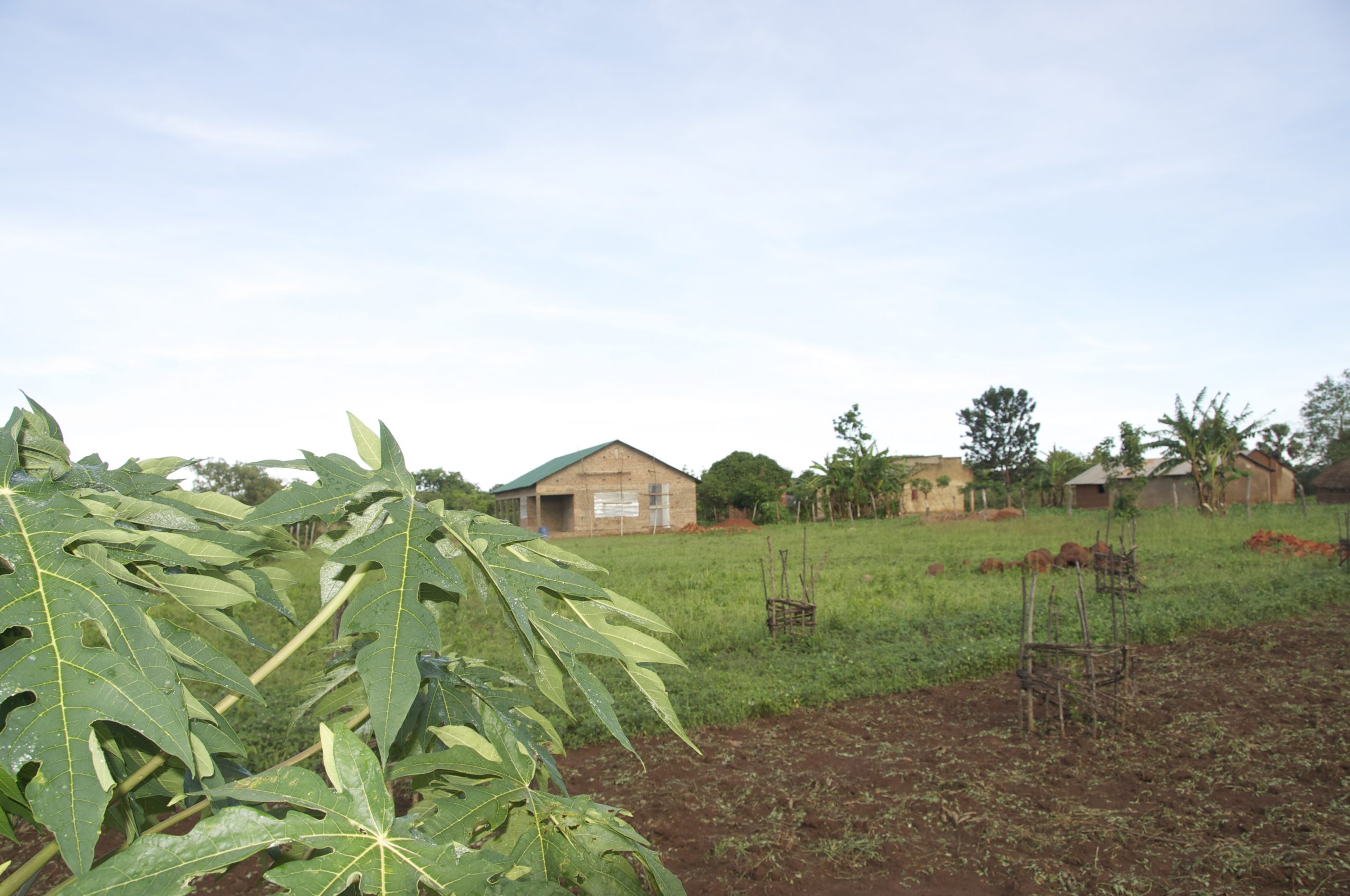It’s difficult to imagine what it is like to be an AIDS orphan and caregiver to your younger brothers and sisters at the age of 17 – but that is the situation for many young people throughout Uganda.
They have no choice but to grow up fast.If you can imagine yourself as a teenage caregiver – you are the one to get up early, prepare food, care for your brothers and sisters and send them to school while you seek out ways to provide food and earn money to keep your siblings in school and your family going, and it means you are most often not in school.

In addition, stigma around HIV/AIDS persists. It’s not just adults that are HIV+ that feel the stigma of HIV/AIDS in their communities, but also AIDS orphans. They are dealing with loss while stigmatized and the stigma compounds both ability to cope and to find ways of getting help, accessing services and providing for families through employment or their own businesses.
CAP/AIDS partners with the Home of Hope in Boroboro, Northern Uganda – a centre for HIV education, support and livelihoods training for AIDS-orphaned youth and caregivers. This year the Home of Hope will focus on reducing economic vulnerability of orphan households in Boroboro and Lira District through livelihood training in improved agriculture– addressing both incomes, the need to put food on the table and accessing education.
15 orphaned and vulnerable children who head households will have access to food security and increased incomes to facilitate their education and improve livelihoods. More than 90 vulnerable children, youth and adults will benefit from the project. By project end, 15 youth will have food security, a significant difference from now where they manage, at best, one meal per day and malnourishment is almost a norm. The livelihood program will successfully increase their household income enabling them to also pay their school fees and school fees for their siblings. All of the youth are involved in agriculture and improved agricultural techniques means a significant improvement in yield and income from their gardens, as well as expanding their skill base.
There are 25 million Aids orphans all over the world with 85% in sub-Saharan Africa. There are more than 1 million Aids orphans in Uganda. Northern Uganda was especially hit hard by HIV/AIDs and by the conflict that plagued it for 20 years. Taking families out of dire poverty and giving children opportunities at a future is an important part to overcoming, surviving and resisting HIV/AIDS.


